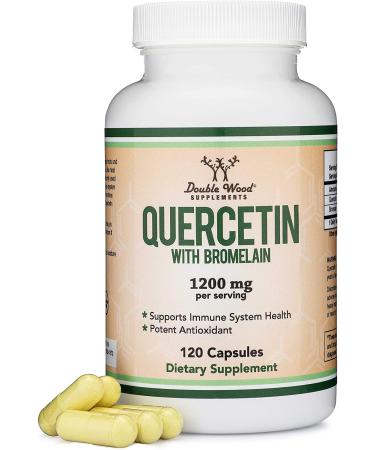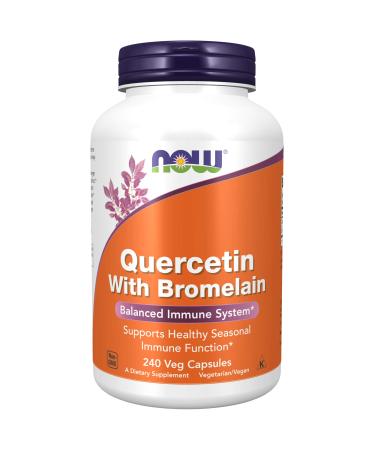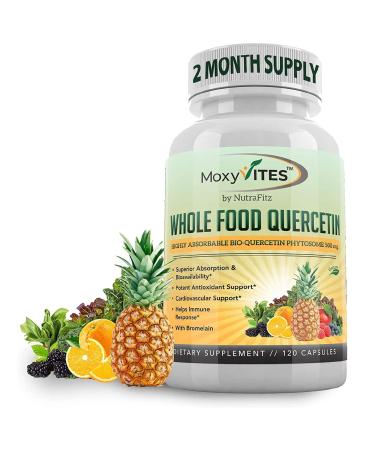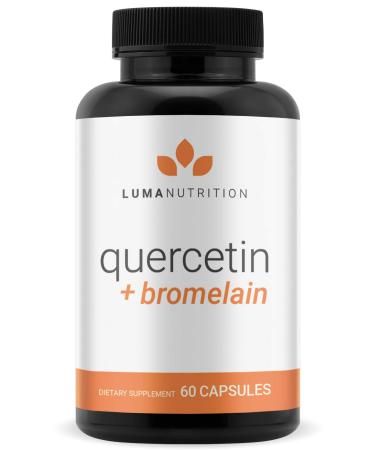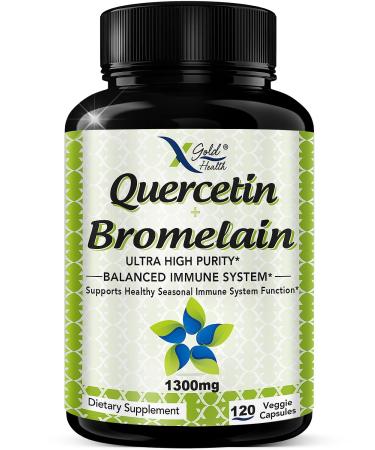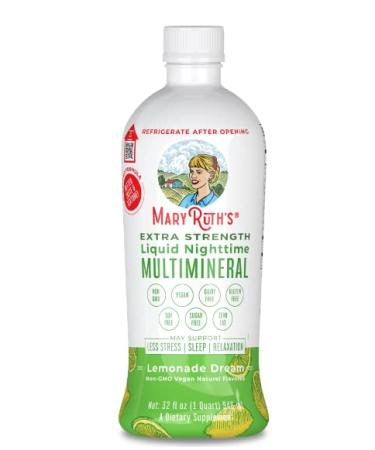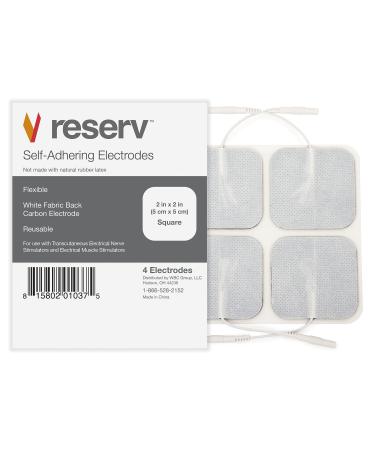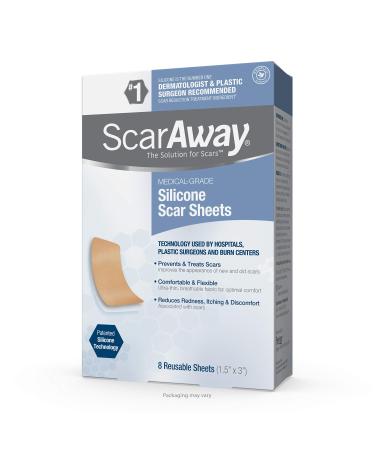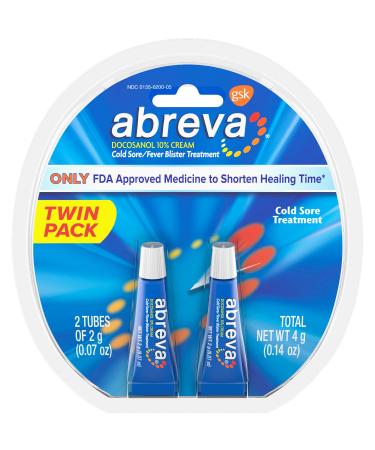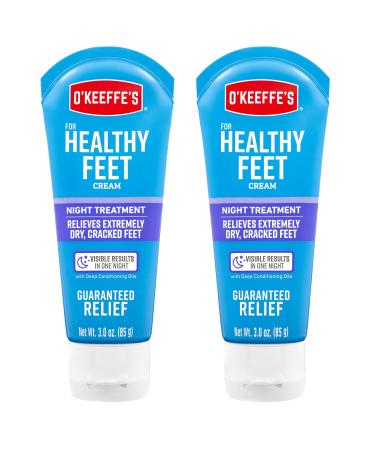Flavonoids are some of the most abundant and diversely acting ingredients in nature. Despite a staggering accumulation of quercetin literature to date, there is still a long way to go in clinically studying this compound to confirm the preclinical evidence that suggests numerous avenues of health promotion. While the initial focus was on the radical-scavenging abilities of quercetin, it is still unclear to what extent the potential of this characteristic is realized within the human body. Nonetheless, the totality of notable scientific studies together indicates benefits of increased dietary quercetin.
May Support a Healthy Cardiovascular System*
Scientific interest towards quercetin's potential to support the cardiovascular system was in part generated by results of the epidemiological Zutphen Elderly Study, which suggested that an increased intake of flavonoids, principally represented by intake of quercetin from tea, onions, and apples, was a factor associated with superior cardiovascular health in the participating elderly men.4 The finding was still significant when adjustments were made for other factors such as age, smoking, blood lipid profile, blood pressure, body-mass index, physical activity, and intake of dietary fiber and other antioxidants like vitamin C and vitamin E.
More recent research in humans, building upon a vast collection of animal and in vitro quercetin studies, has suggested mechanisms behind how quercetin may support a healthy cardiovascular system. Some of the key research suggests that quercetin supports the function of the endothelium, the interface of the vascular system where oxygen and carbon dioxide are exchanged. In one such study (a randomized, placebo-controlled, acute crossover trial), 200 mg of quercetin administered to healthy men apparently was able to modulate circulating concentrations of nitric oxide,5 an important messenger the body naturally produces to support the healthy flow of blood.
Quercetin has also been highlighted as a compound that holds potential in helping to maintain the normal structure and function of endothelial tissue.6 Since it is generally not feasible to pursue this line of research within the human body, scientists currently rely greatly on in vitro and ex vivo studies to support their theories of why quercetin appears to confer these types of benefits in the cardiovascular arena. The fact that ingesting quercetin from food or supplements can increase blood levels of quercetin is an important factor to consider when evaluating such preclinical research.7 A recent randomized, double-blinded, placebo-controlled study of 1,023 participants found that daily doses of 500 or 1,000 mg of quercetin produced a significant dose-related increase in blood levels of quercetin in the first month, a gain that was then maintained for the duration of the 12-week study.8 (In this study, vitamin C and niacin were taken concurrently with the quercetin).
May Support a Healthy Respiratory System*
Human epidemiologic research suggests a relationship between quercetin intake and healthy lung function.11 In vitro and animal research models are largely in agreement with this finding, also suggesting mechanisms by which quercetin may support healthy respiratory function. Currently, there is some evidence from human studies suggesting that the respiratory system might be supported by quercetin intake, particularly when quercetin is given with vitamin C (a common combination in many food sources of quercetin). For instance, in a randomized, double-blinded, placebo-controlled study of 1,002 participants, the combination of 1,000 mg per day of quercetin with 1,000 mg of vitamin C (plus niacin) for 12 weeks produced some benefit in this area of health among a subgroup of participants over the age of 40 who rated themselves as physically fit.12 There is also some hope that quercetin may help promote healthy airway function in other ways; at least in preliminary work in guinea pigs, quercetin showed a propensity for helping respiratory function of the guinea pigs when challenged with a substance to which the guinea pigs had been sensitized.13 Additionally, a recent mouse model has generated some anticipation that quercetin may support healthy airway function by maintaining a healthy balance of immune system cells within the respiratory system.14 A fairly similar mouse study using Bromelain found that this ingredient also achieved desirable physiological effects.15

 Add to Cart
Add to Cart Add to Cart
Add to Cart

